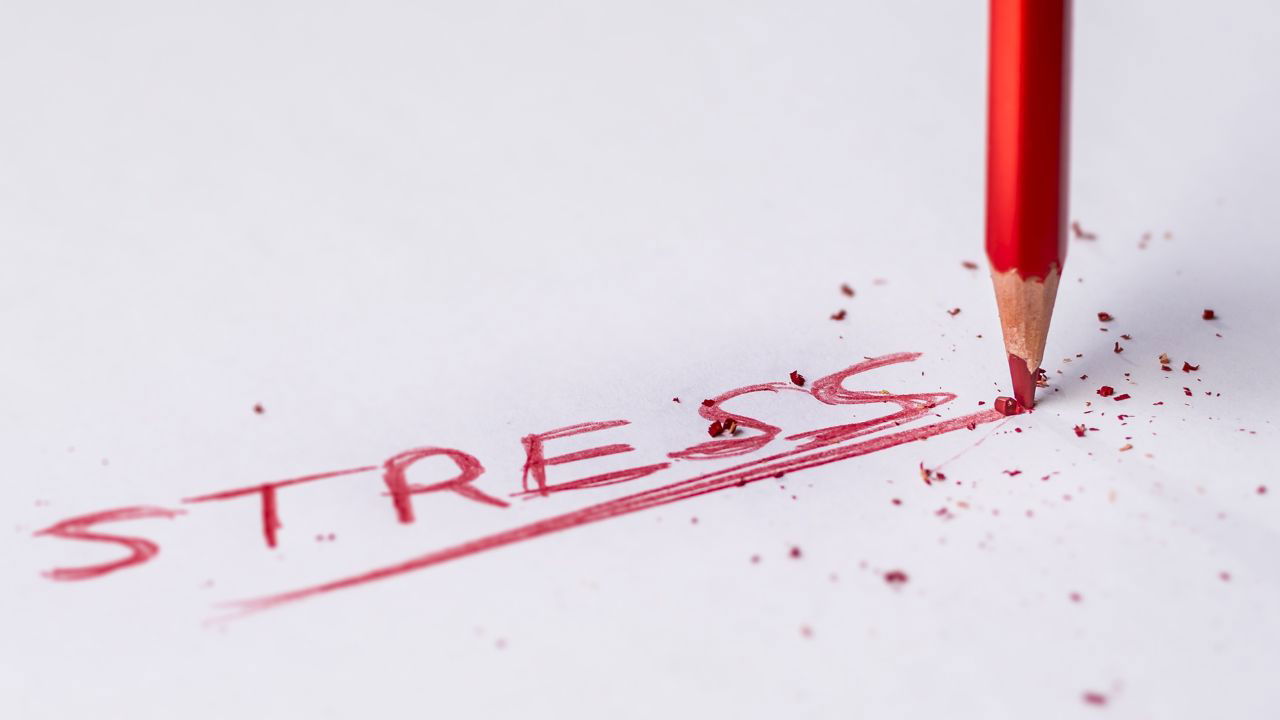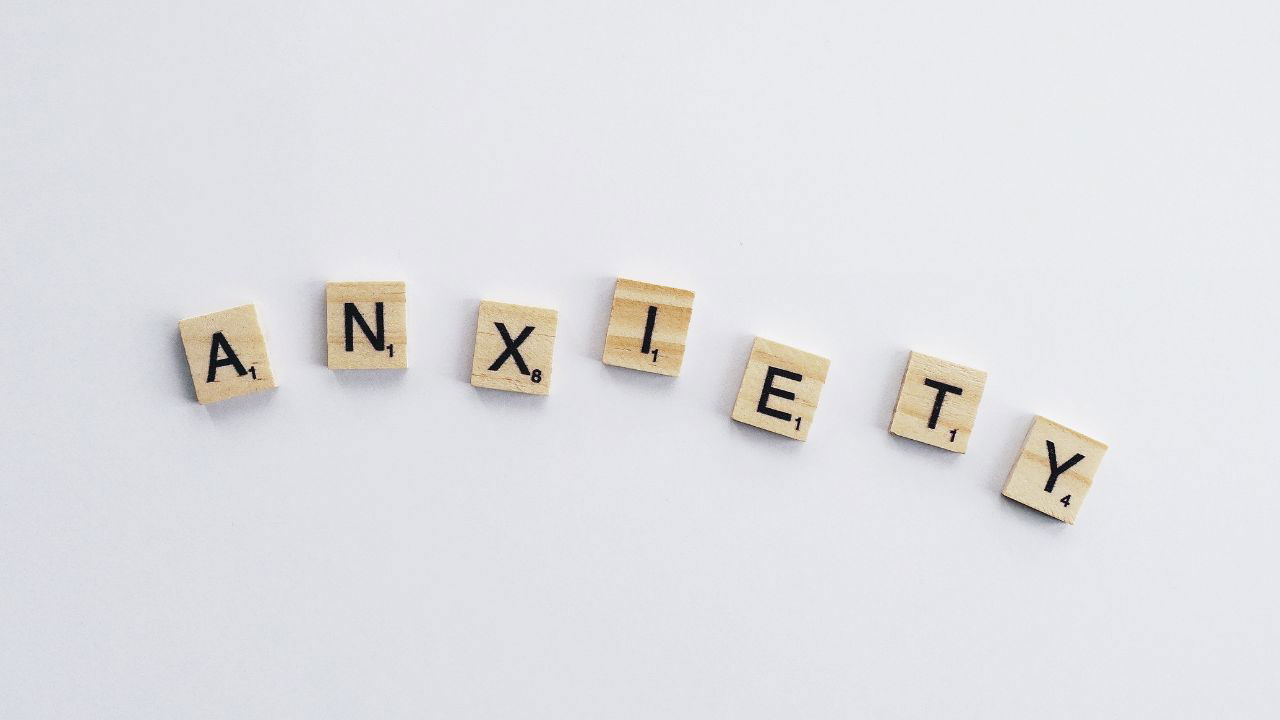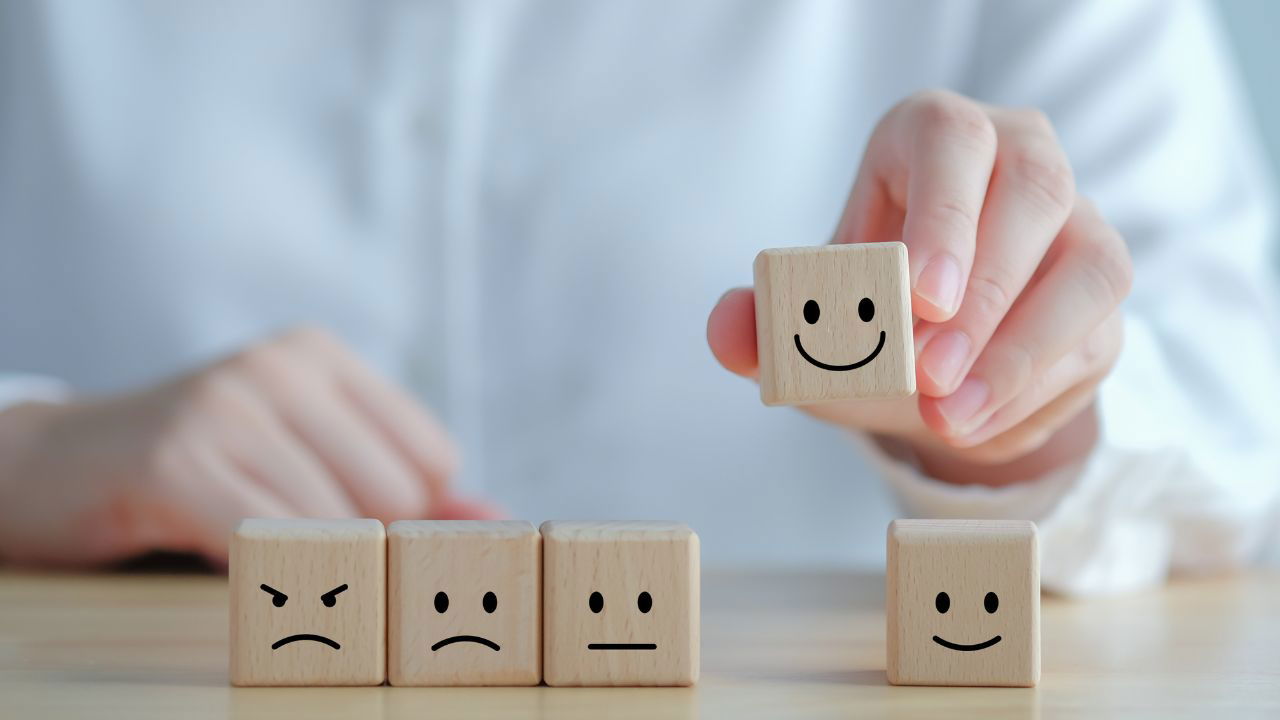We’ve all been there: a big presentation at work, an important exam, or a family gathering that didn’t go as planned. These situations can leave us feeling frazzled and overwhelmed. But how do we know if what we’re experiencing is stress or anxiety? While these terms are often used interchangeably, they actually refer to different experiences. Let’s dive into what makes them unique and how you can tell the difference.
What is Stress?

Stress is our body’s natural response to a challenge or demand. Think of it as your brain’s alarm system. When you’re faced with a tight deadline, a tricky problem, or any sort of pressure, your body releases hormones like adrenaline and cortisol. These hormones are part of the “fight or flight” response that helped our ancestors survive dangerous situations.
Signs of Stress
- Increased heart rate
- Muscle tension
- Rapid breathing
- Trouble sleeping
- Feeling overwhelmed
Stress is usually tied to a specific situation and tends to fade away once the situation is resolved. For example, you might feel stressed about an upcoming job interview, but the stress will likely diminish once the interview is over.
What is Anxiety?

Anxiety, on the other hand, is more than just a temporary worry or fear. It’s a persistent feeling of apprehension or dread, even when there’s no immediate threat. Anxiety can be a part of daily life, but it can also become overwhelming and interfere with your daily activities.
Signs of Anxiety
- Excessive worry that is hard to control
- Restlessness
- Irritability
- Difficulty concentrating
- Physical symptoms like sweating, trembling, or headaches
Unlike stress, which is usually linked to a specific event, anxiety can be more generalized. You might feel anxious about a variety of things, or even for no clear reason at all. Anxiety disorders, such as generalized anxiety disorder (GAD), panic disorder, or social anxiety disorder, are medical conditions that can be diagnosed by a professional.
Key Differences Between Stress and Anxiety

While stress and anxiety share some similar symptoms, they are different in key ways:
- Source: Stress is usually caused by external factors like deadlines, arguments, or financial problems. Anxiety might not have a clear source and can persist without any obvious trigger.
- Duration: Stress typically subsides once the stressful situation is over. Anxiety tends to be more long-lasting and can persist for months or even years.
- Impact: Both can affect your daily life, but anxiety often has a more profound impact. It can lead to avoidance of certain situations, persistent fear, and physical symptoms that affect overall well-being.
Managing Stress and Anxiety

Understanding the difference is the first step to managing these feelings effectively. Here are some tips to help cope with stress and anxiety:
For Stress
- Time Management: Break tasks into smaller steps and prioritise them.
- Relaxation Techniques: Practice deep breathing, meditation, or yoga.
- Physical Activity: Exercise can help reduce stress hormones and improve your mood.
- Social Support: Talk to friends or family members about what’s bothering you.
For Anxiety
- Therapy: Cognitive-behavioral therapy (CBT) is highly effective for anxiety disorders.
- Medication: In some cases, medications prescribed by a doctor can help.
- Mindfulness: Techniques like mindfulness meditation can help you stay grounded.
- Healthy Lifestyle: Regular exercise, a balanced diet, and good sleep can make a big difference.
When to Seek Help

If stress or anxiety is interfering with your daily life, it might be time to seek professional help. A therapist or counsellor can work with you to develop coping strategies and, if necessary, a treatment plan. Remember, it’s okay to ask for help. Mental health is just as important as physical health, and taking care of your mind is a crucial part of overall well-being.









